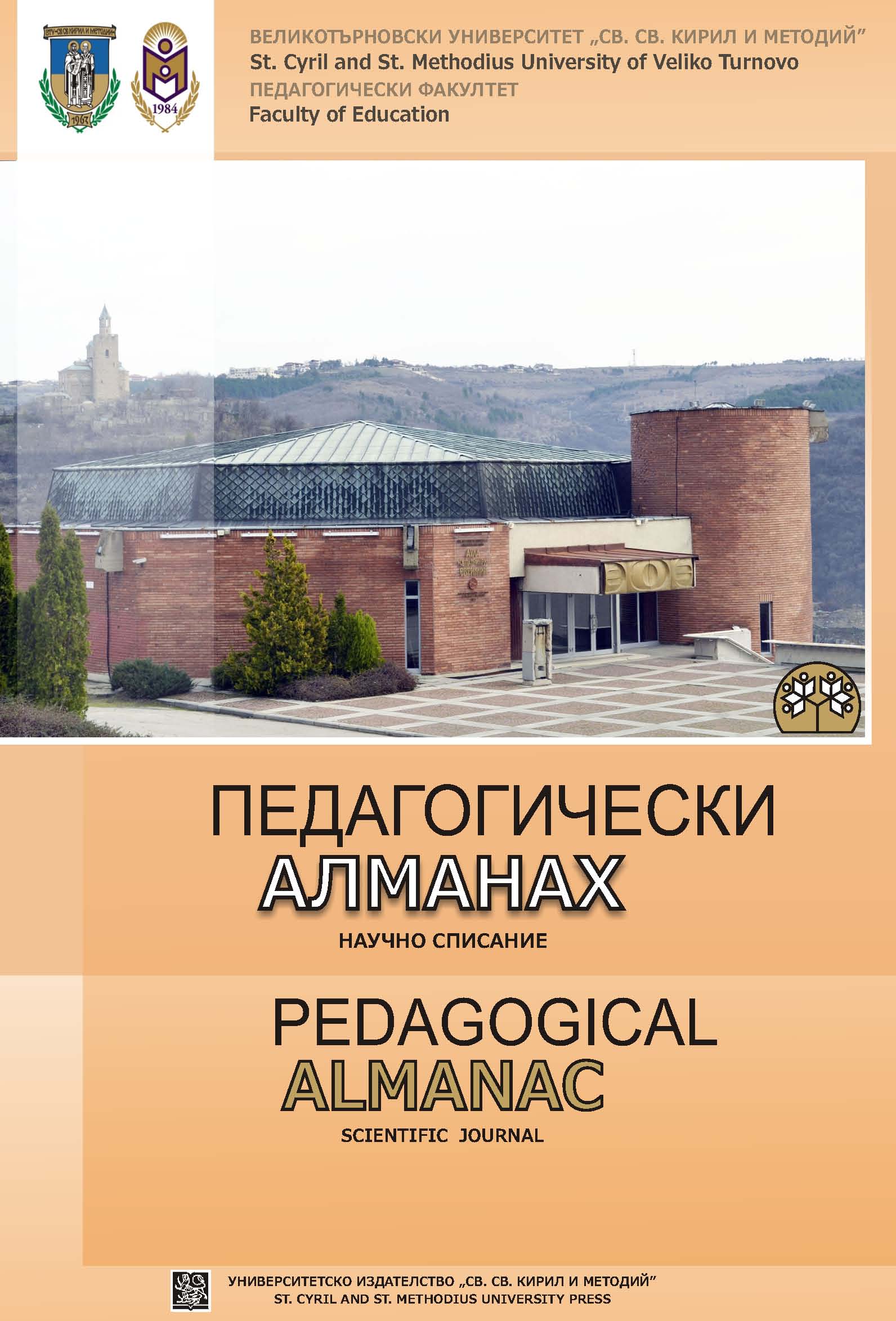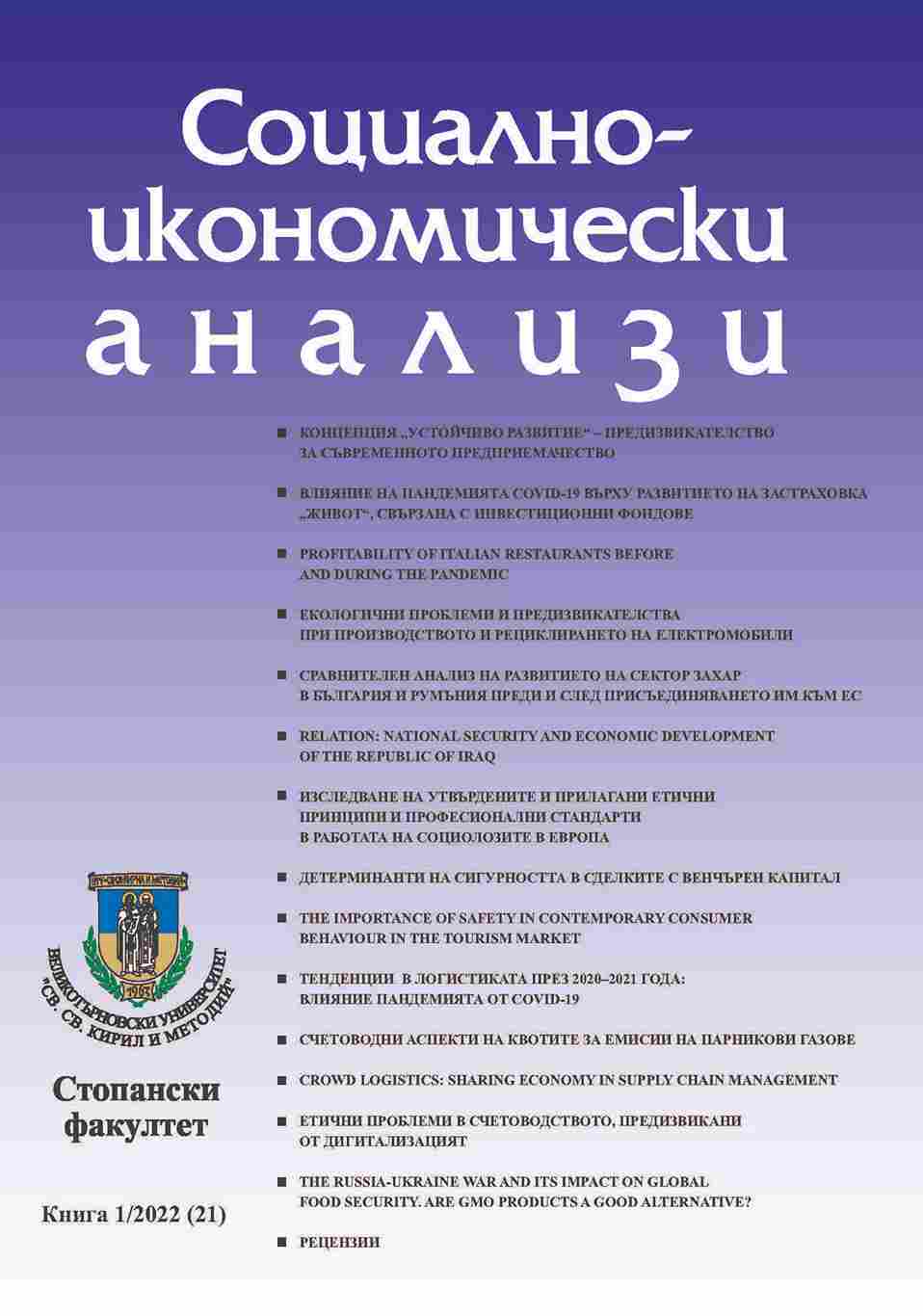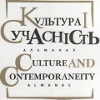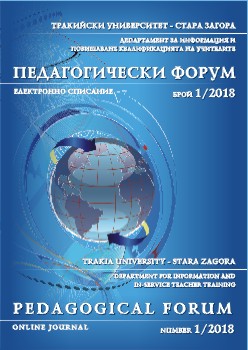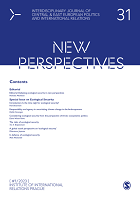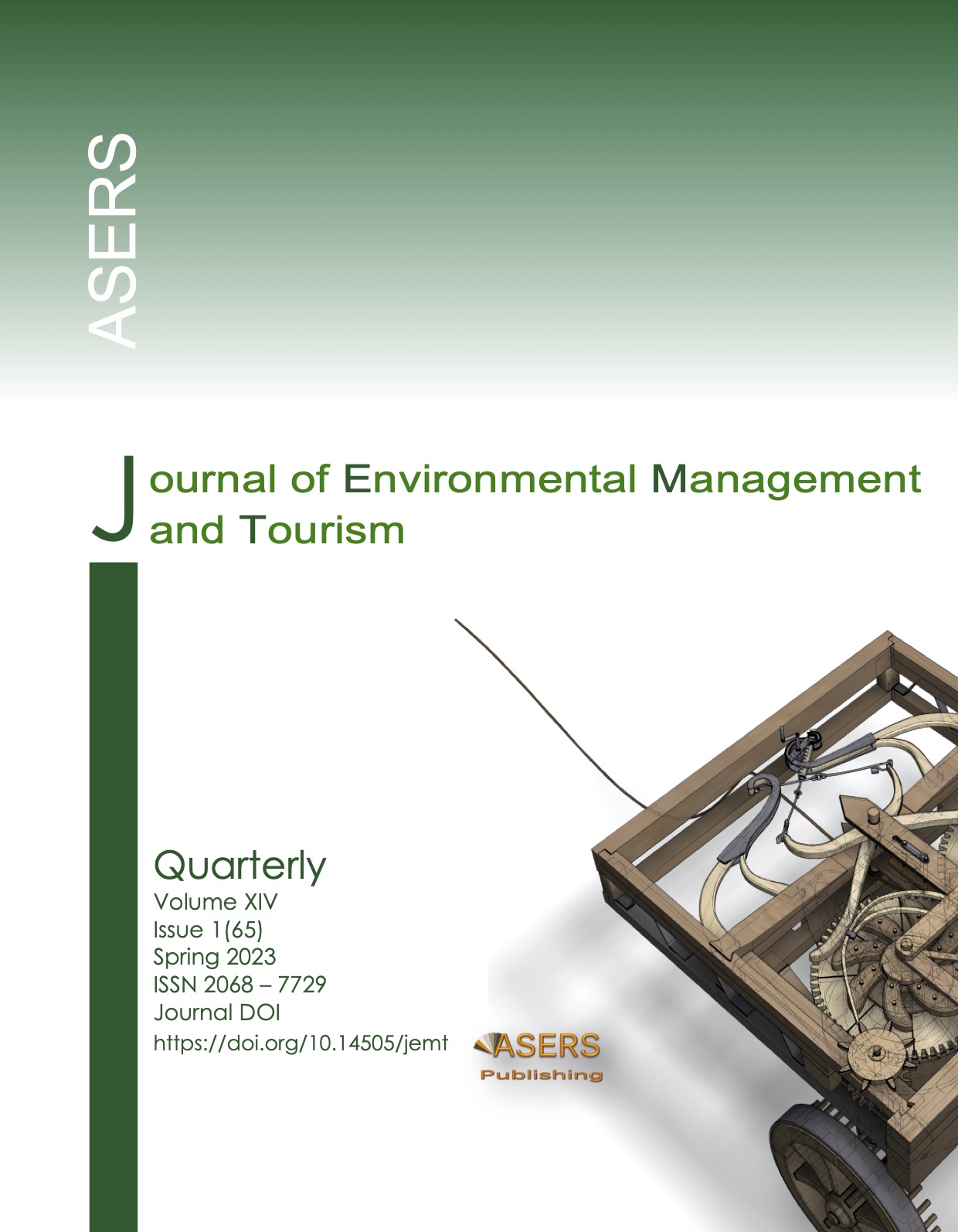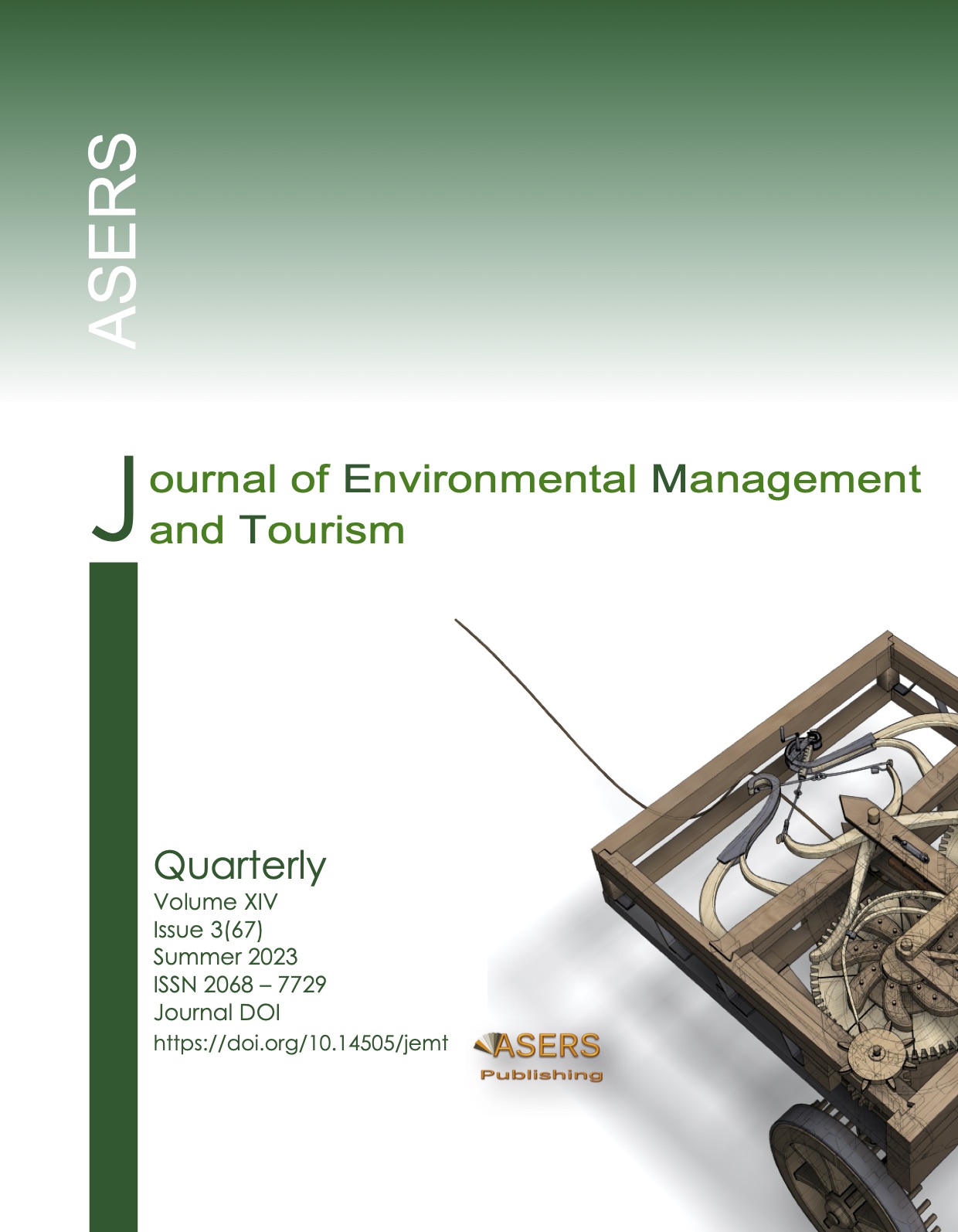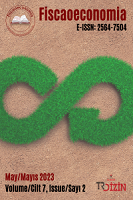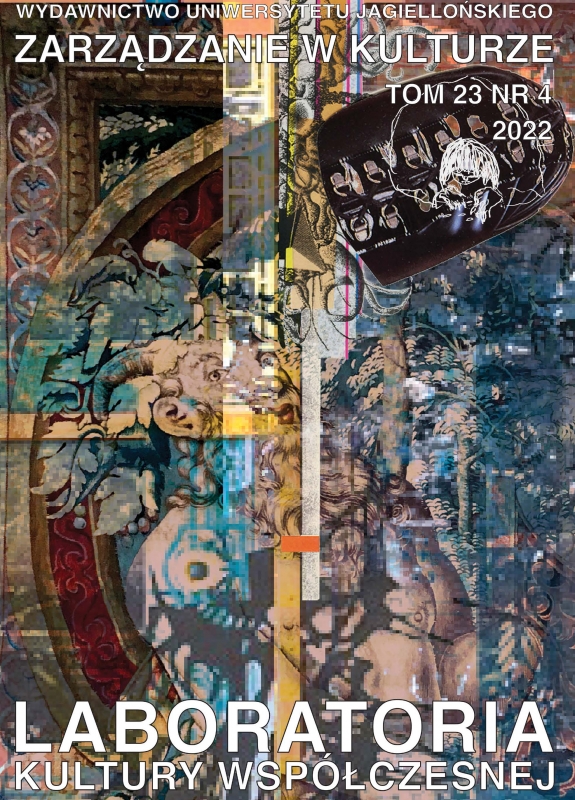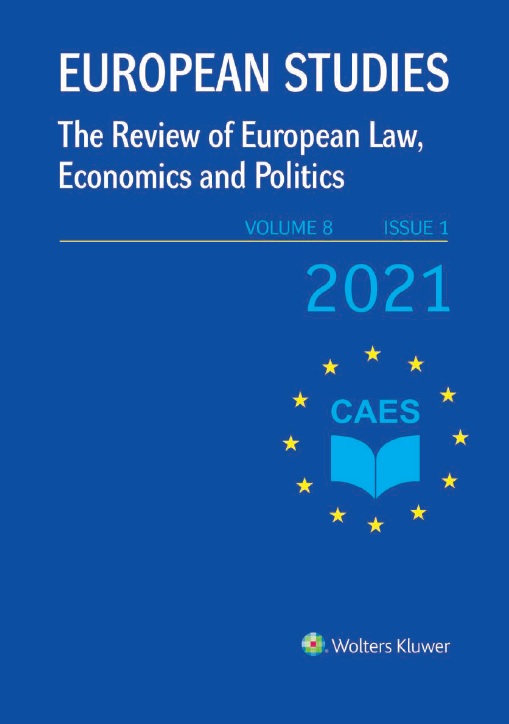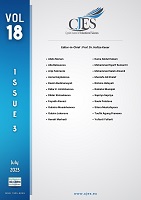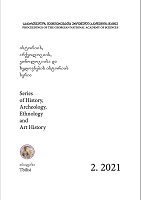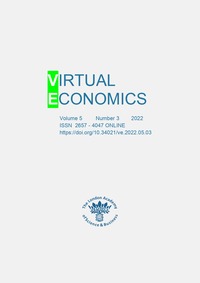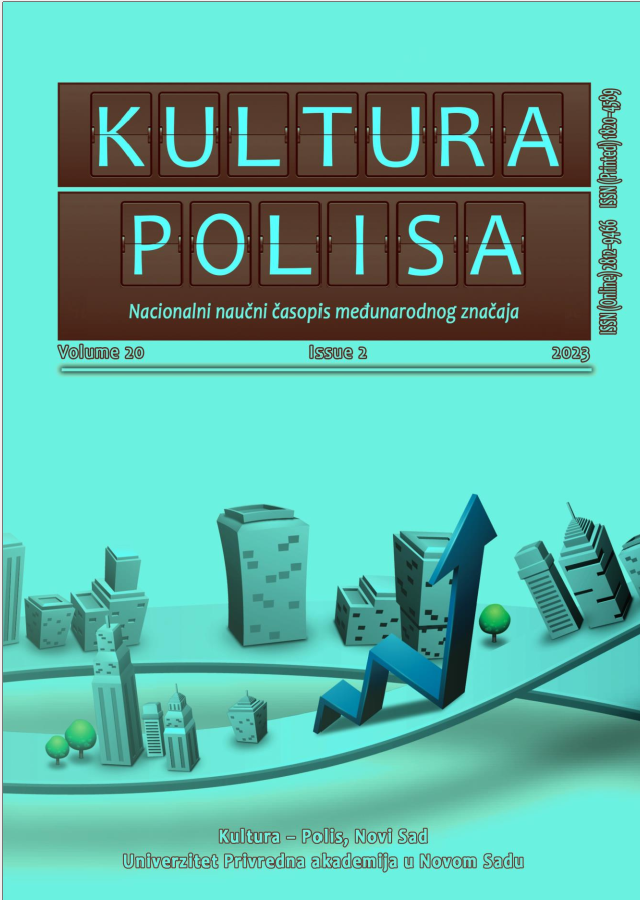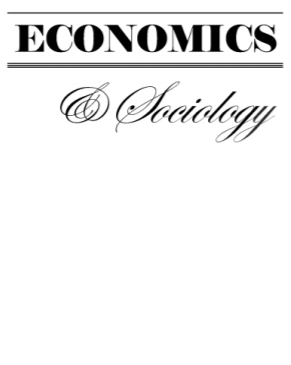Author(s): Açalya TEMEL KAYMAK / Language(s): Turkish
Issue: 2/2023
Ecologism has started to show itself as a strong social movement since the 1970s. In this period, different socialist and Marxist circles and movements, which were increasingly interested in ecological problems, also turned to ecological socialism. The new ecological socialist wave that emerged in this period criticizes the negative environmental effects of economic development not only in capitalist countries, but also in the Soviet Union& Eastern Bloc, and started to question the traditional understanding of Marxism on which this experience is based, in the face of the ecological problems created by the socialist experience. In these debates, it can be said that besides those who reject Marxism directly, two main tendencies have emerged who believe that the theoretical framework of Marxism provides a suitable ground for building an ecological Marxism. The first of these is the line represented by Ted Benton, who thinks that Marxism should be revised along an ecological line, based on Marx's early philosophical writings. The second is the line that tries to create an ecological Marxist theoretical framework based on the economic writings of Marx, pioneered by John Bellamy Foster and Paul Burkett. This debate, which was sparked by Benton's article published in New Left Review in 1989, contributed to the emergence of a large literature on Marxism and Nature with the contribution of different authors, and in these discussions, a series of problems on the relationship between Marxism and ecology were discussed, based on ecological criticism. In this study, the main arguments of the two lines mentioned over the four main headings that constitute the main axis in these discussions have been tried to be evaluated with a critical perspective. These are the concept of alienation/metabolic rift, the critique of anthropocentrism, the debate on the labor process and the problem of value, and the critique of Prometheanism.
More...
